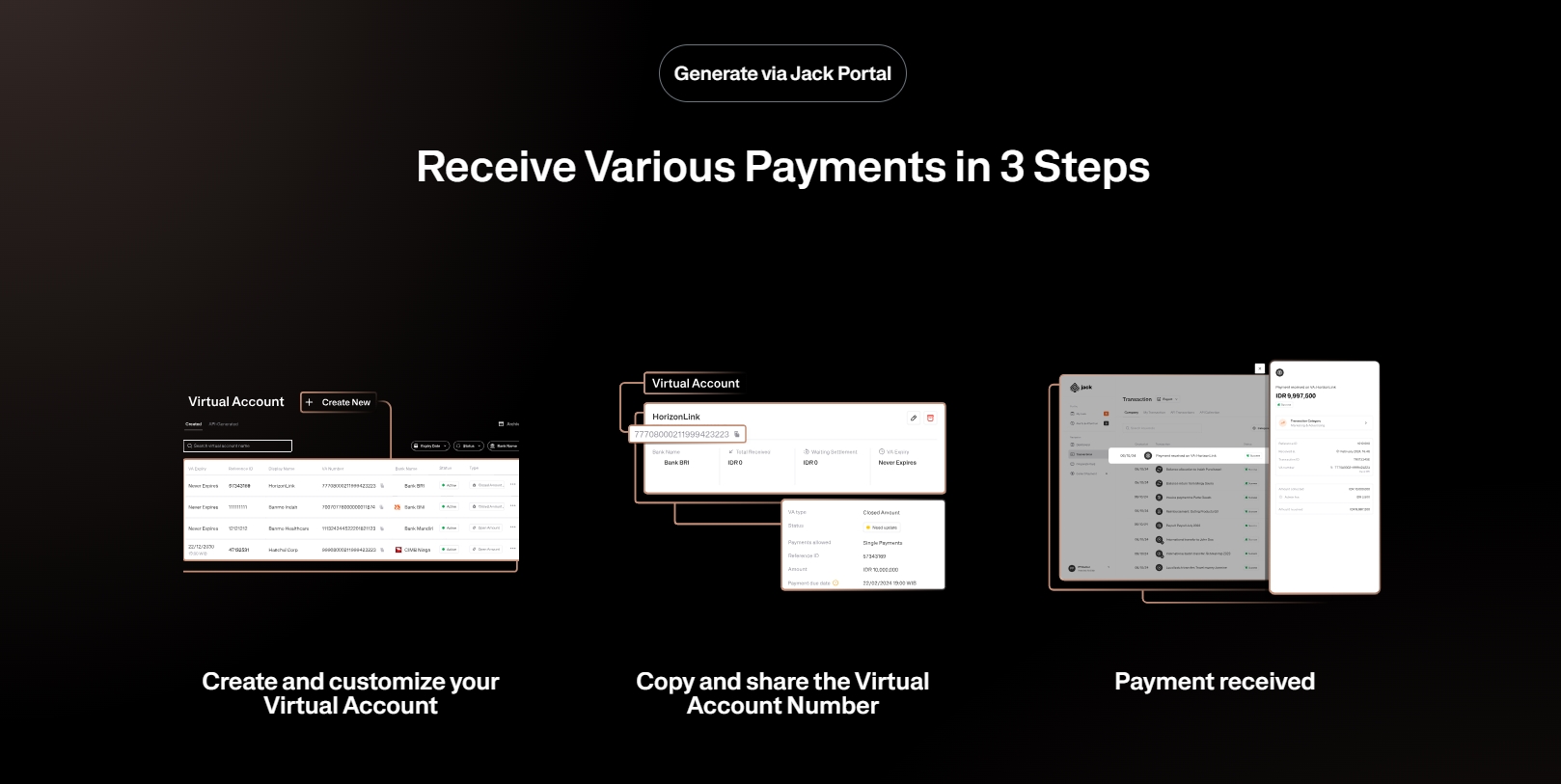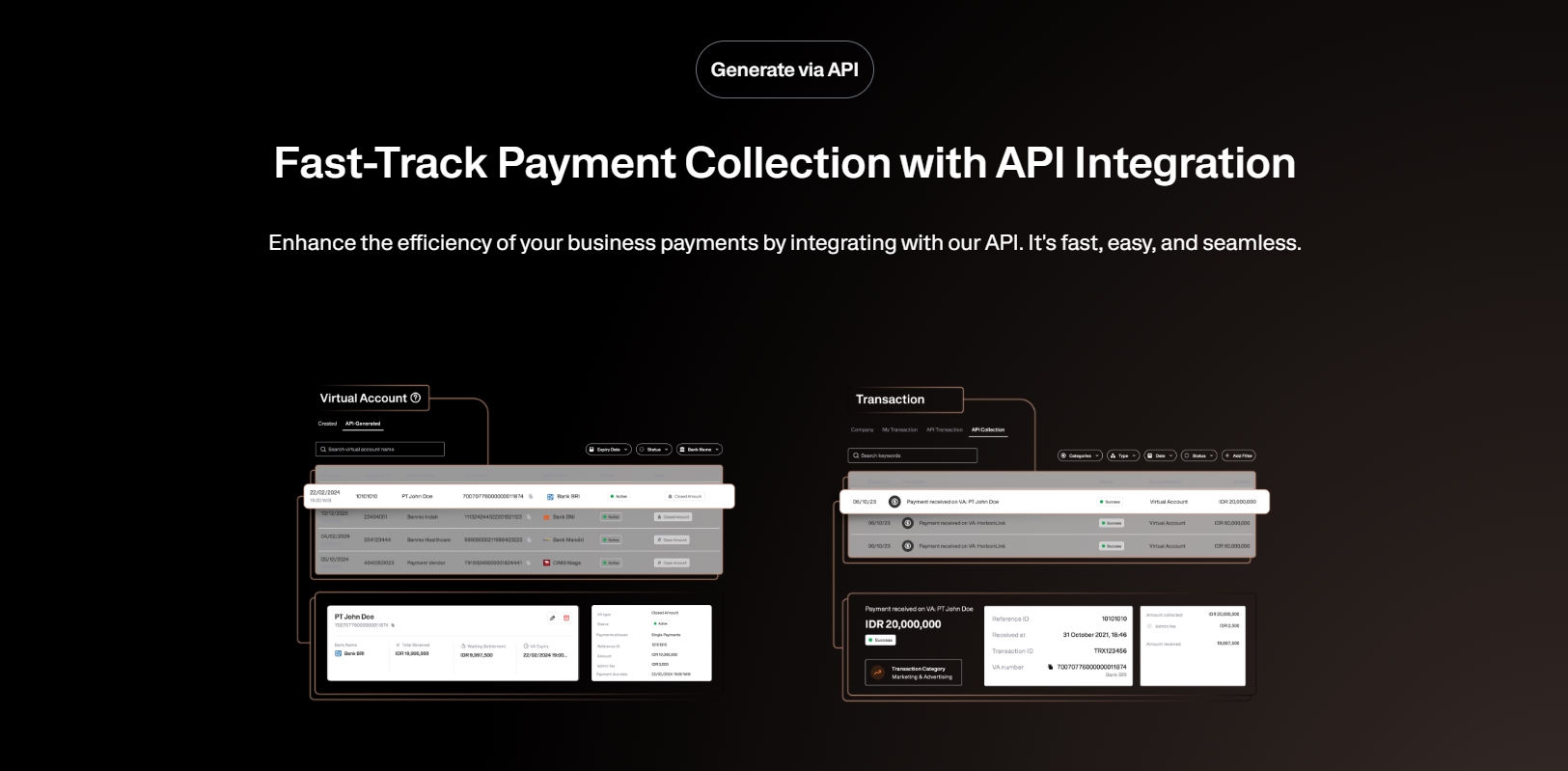As a freelancer, managing finances is key to success and financial stability. Compared to regular employment, freelancers face unique challenges in handling unpredictable income and dealing with fluctuating earnings.
See Also Corporate Credit Card: Definition, Types, Benefits, and How Cards Work for Startups
In this article, we will discuss essential strategies and tips for managing finances for freelancers, including budgeting, income and expense management, investing for the future, and tackling common financial challenges faced by freelancers.
Key Points in Managing Finances for Freelancers
Creating a budget is the first and most important step in managing finances as a freelancer. Here are some tips for creating an effective budget:
1. Calculate Monthly Income
Accurately calculate your monthly income from all freelance projects. Identify fixed and fluctuating income to estimate your total monthly earnings.
2. Set Spending Priorities
Prioritize your expenses, including living costs such as rent, food, transportation, and regular bills. Ensure that you set aside a portion of your income for essentials before considering other expenditures.
3. Set Aside an Emergency Fund
Always allocate a portion of your income to an emergency fund. This fund can be used to handle emergencies or low-income months. This is an important step in managing finances for freelancers.
4. Monitor and Evaluate Your Budget
Regularly track your expenses and compare them to your budget. Periodically evaluate your spending and identify areas where you can save or cut costs.
Important Strategies for Managing Income and Expenses
Effective income and expense management is key to maintaining financial stability as a freelancer. Here are some important strategies that can help:
1. Keep Accurate Income and Expense Records
Maintain accurate and regular records of all your income and expenses. Use spreadsheets or financial apps to facilitate monitoring and analyzing your finances.
2. Set Spending Limits
Set monthly spending limits for various expense categories such as food, transportation, and entertainment. Try not to exceed these limits to manage finances effectively.
3. Separate Business and Personal Funds
Clearly separate your business and personal funds. Create separate accounts for your business and avoid using business funds for personal needs, or vice versa.
4. Plan for Tough Times
Anticipate income fluctuations by planning for tough times. Save a portion of your income as a reserve to handle low-income months.
Optimizing Freelancer Income: Investing for the Future
Investment is a crucial step to optimize freelancer income and prepare for a better financial future. Here are some types of investments suitable for freelancers:
1. Stock Investment
Investing in stocks can provide high long-term returns. Consider investing in companies that consistently grow and have bright future prospects.
2. Mutual Funds
Mutual funds are a suitable investment option for freelancers as they allow for portfolio diversification with relatively small funds. Choose mutual funds that match your risk profile and investment goals.
3. Property Investment
Property investment can provide additional passive income through rent and can also appreciate in value over time. Consider investing in properties with potential for stable income.
4. Retirement Funds
Start investing in retirement funds or plan your own retirement as a freelancer. Retirement funds can help you achieve financial security in your later years.
Tips for Handling Income Fluctuations as a Freelancer
One of the main challenges faced by freelancers is income fluctuation. Income can rise and fall unpredictably, making financial management more complex. Here are some tips for handling income fluctuations as a freelancer:
1. Create a Flexible Budget
Instead of a rigid budget, try creating a more flexible one. Set upper and lower limits for your spending and adjust your budget according to your changing income. Prioritize essential expenses, such as living costs and bills, and set aside a portion of your income for savings and investments.
2. Develop a Long-Term Financial Plan
Create a long-term financial plan that includes your financial goals, such as buying a house or retiring. With a clear financial plan, you can direct your income more effectively and better manage income fluctuations. Regularly update your financial plan according to changes in your financial situation.
3. Use Financial Management Tools
Utilize financial management tools such as planning apps or spreadsheets to track your income and expenses. By regularly monitoring your finances, you can identify spending patterns and adjust your financial habits according to your needs.
See the API Document from Jack Finance here
4. Build Additional Income Sources
To handle income fluctuations, consider seeking additional income sources besides your main freelancing work. This could be side projects, part-time jobs, or even passive income from investments. Having additional income sources can reduce the impact of income fluctuations and create greater financial stability.
Use Jack for your business needs
As a freelancer, managing finances is key to long-term success and financial stability. By creating an effective budget, wisely managing income and expenses, investing for the future, and handling income fluctuations with the right strategies, you can achieve financial freedom and reach your financial goals as a freelancer.











